Fokker Next Gen signs MoU with airBaltic
On 13 May 2024, Fokker Next Gen announced it has signed a Memorandum of Understanding (MoU) with airBaltic. In the agreement, both companies will work together in developing a clean-sheet hydrogen powered narrowbody aircraft. Fokker will use the insights and experience as a regional airline, while airBaltic will use the agreement to investigate how the aircraft can work in its network.
Fokker Next Gen is the successor of Rekkof, owned by Panta Holdings. Previously, the company had been working on a revival of the Fokker-jetline but is now working on designing a new 120-150 seat narrowbody aircraft powered by liquid hydrogen combustion, able to fly up to 2,500 km. Next to hydrogen, the new aircraft will also feature a dual fuel tank system so that it can also fly on sustainable aviation fuel or kerosene when liquid hydrogen is unavailable.
The manufacturer is currently busy with designing its new aircraft but also convert a Fokker 100 into a testbed for flying on liquid hydrogen. The company is working together with Rolls-Royce on this under the EU Clean Aviation program. The conversion and development will take a while, with first flight planned for 2028. In 2030, Fokker Next Gen aims to finalize the design of its new aircraft and start production of the first components. Two years later, assembly of the prototype is planned with a first flight a year later, in 2033. The aim is to secure entry into commercial service with customers in 2035.
Fokker Next Gen has given an architect the assignment to design its new manufacturing sites, which are now planned to be located in Groningen, the Netherlands, and Liepaja, Latvia.
Illustration by Fokker Next Gen.


